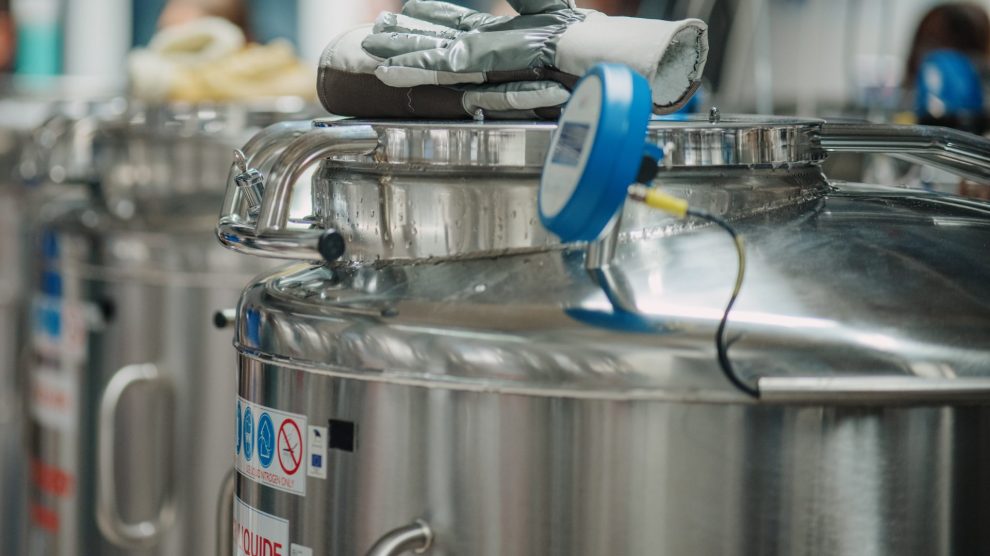A new Estonian project aims to provide a further boost for personalised healthcare based on genetic data, and for the country’s healthtech start-ups.
A consortium led by the University of Tartu and Tartu University Hospital is set to establish a personalised medicine research and development centre of international excellence in Estonia.
The project, costing 30 million euros, is jointly supported by the European Commission and the Estonian state, and is an extension of the work already being carried out by the Estonian Genome Centre, also based at the University of Tartu.
- Why Estonian parents are winning at entrepreneurship
- Estonia’s collaborative approach pays dividends for start-ups
- ‘Researchers don’t need to be CFOs’
According to Mait Metspalu, Professor of Evolutionary Genomics at the University of Tartu, while data from the Estonian Biobank – which has a current cohort size of more than 200,000 individuals, or 20 per cent of the Estonian population – has led to important discoveries about the links between genes and health, “we are still several steps away from implementing genetics-based health services”.
This will require closer collaboration between different research disciplines, from clinical medicine and public health to social and data sciences, he says.
“Since its establishment, the Estonian Biobank has aimed to advance Estonian healthcare by developing personalised medicine. The investment received for the centre is an acknowledgement to the university for years of research and infrastructure development on the one hand, and to the Estonian state for building digital databases, services and legal framework enabling the development of personalised medicine on the other.”
The creation of what will be the region’s most powerful centre of expertise will allow all stages of personalised medicine to be studied through collaboration between different scientific disciplines.
“While the main role of the University of Tartu is to develop scientific methods and new data tools, Tartu University Hospital will conduct clinical trials to study and validate applications developed by research partners in collaboration with patients,” says Sander Pajusalu, Head of the Genetics and Personalised Medicine Clinic at Tartu University Hospital.
In addition to clinical trials, the project also aims to assess the impact of personalised medicine services on society, the economy and public health; the consortium wants to make people’s health data in Estonia more digitally usable, fostering innovation in healthcare.
Jaak Vilo, Professor of Bioinformatics at the University of Tartu, says that while Estonia is a pioneer in creating an electronic health records system, some of the data is still unstructured and in free-text format.
“We need a data sharing and analysis system that can be used for research, but also for creating personalised medicine tools and clinical guidelines. In this way, we will enable better use of electronic health records for research and treatment alike,” says Vilo.

A boost for healthtech start-ups
Estonia believes that a well-organised health data infrastructure and its strong start-up environment will boost health technology start-ups, which in turn will accelerate the flow of research into society.
One of the project’s objectives is to sequence the full genome of 10,000 Estonian residents, necessary to provide personalised medicine services to the entire Estonian population. Previous research projects have focused on testing personalised medicine tools on a smaller population with a more homogeneous genetic background.
“We need to sequence more full genomes to broaden our reach and include genetic information from Estonian residents of diverse backgrounds,” adds Metspalu.
The diverse dataset will also support the European Union’s 1+ Million Genomes initiative, which will boost innovation in healthcare across Europe.
Unlike many news and information platforms, Emerging Europe is free to read, and always will be. There is no paywall here. We are independent, not affiliated with nor representing any political party or business organisation. We want the very best for emerging Europe, nothing more, nothing less. Your support will help us continue to spread the word about this amazing region.
You can contribute here. Thank you.


